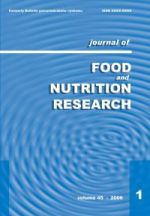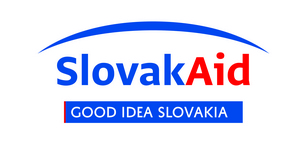Cooperation offer
NPPC-VUP offers cooperation to various scientific organisations and industry
- Participations in research projects
- Basic research
- Applied research
- Development of analytical methods
- Professional counselling for government and industry
- Education activities, training
- Comprehensive services for farmers, small and medium-size food businesses
- Improving of manufacturing technologies
- TurnKey-Innovations
- Semi-operational verification of production conditions
- Complete food product documentation including HACCP - Protection of the intellectual property (assistance in the preparation of patents, utility models, protected geographical labels, guaranteed traditional speciality, brand of quality SK)
- Laboratory services (catalouge available here)
Department of Chemistry and Food Analysis
- Analysis of nutrients and valuable food components (amino acids, carbohydrates, fatty acids, vitamins, flavonoids, phenolic acids, etc.) using gas and liquid chromatography
- Analysis of antioxidant properties by electron paramagnetic resonance spectroscopy (EPR) as well as total content of polyphenols, flavonoids and colour characteristic by UV-VIS-NIR spectroscopy
- Analysis of food contaminants (acrylamide, HMF, mycotoxins, patulin, PAHs, PCBs, ethyl carbamate, pesticides, etc.) and professional assistance and consultations aimed at minimizing occurrence of food contaminants
- Analysis of volatiles by joint techniques of GC-MS and GC-O
- Sensory analysis with the panel of trained evaluators and modern computation technique
- In depth analysis of cereal products
- Comprehensive analysis of grapevine and wine
- Authentication and detection of adulteration of foods
- Differentiation of organic and conventional products
- Professional counselling regarding food safety
- Education and consultation service, scientific seminars and education trainings
- Analytical service (catalouge - link)
Department of Microbiology, Molecular Biology and Biotechnology
- Microbiological research and characterization of microflora present in food using modern molecular-biology methods (traditional sheep cheese of Slovakia- bryndza, wine, etc.)
- Microbiological hygiene and sanitation in food industry (effectiveness of disinfectants, characterization of various types of microbial contaminations, etc.)
- Identification of pathogenic bacteria in food (Salmonella enterica, Listeria monocytogenes, Staphylococcus sp., etc.)










